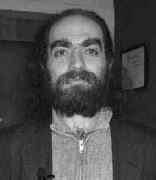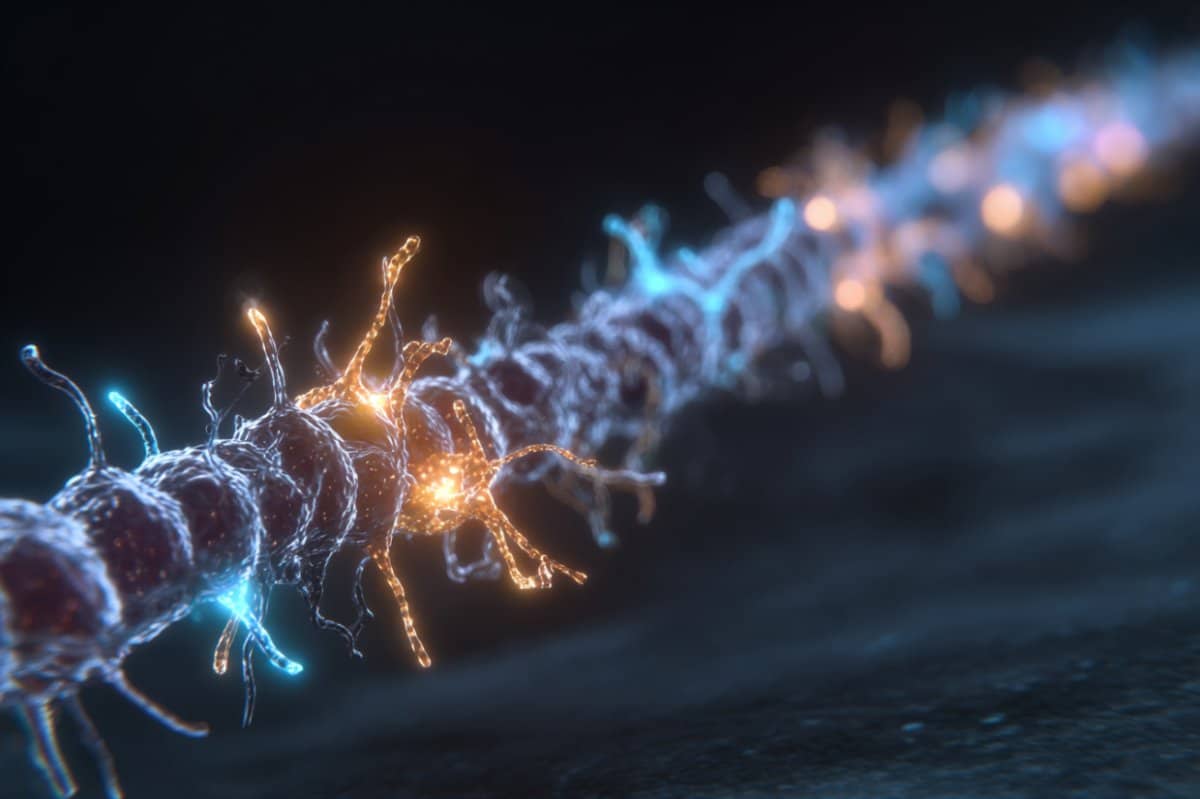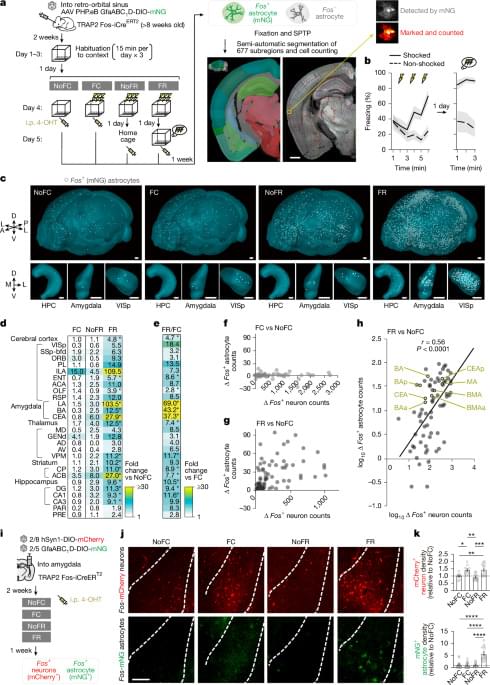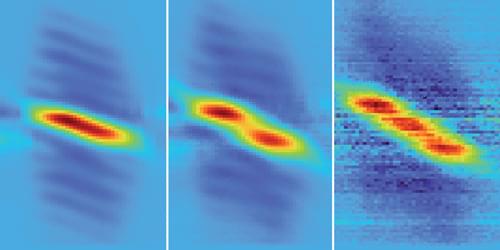The plague of Akhetaten has long been cited as a possible explanation for the mysterious abandonment of ancient Egypt’s short-lived capital city. However, a comprehensive new archaeological analysis by researchers Dr. Gretchen Dabbs and Dr. Anna Stevens, published in the American Journal of Archaeology, analyzed the evidence for this plague and suggests it may never have affected Akhetaten at all.
Akhetaten, today known as Amarna, was built during the reign of Akhenaten, formerly known as Amonhotep IV. The pharaoh is known for his worship of a single deity, namely the sun god Aten.
In a possible attempt to distance himself from the old religion, he constructed a new royal residence and capital of the Egyptian kingdom called Akhetaten. However, the new capital was not occupied for long, lasting around 20 years before its near complete abandonment shortly after Akhenaten’s death.









